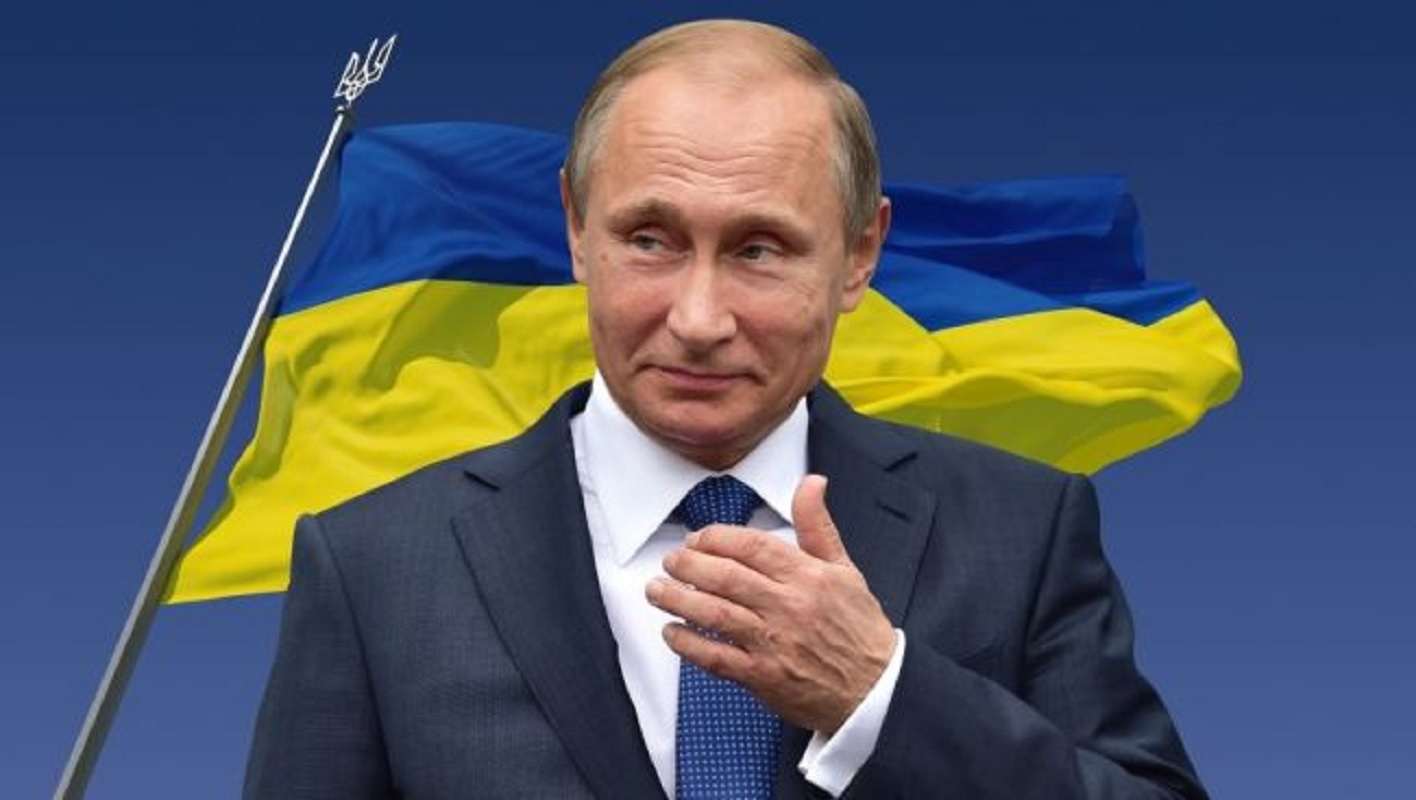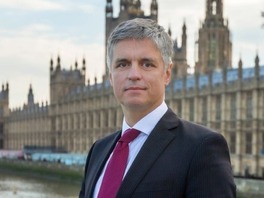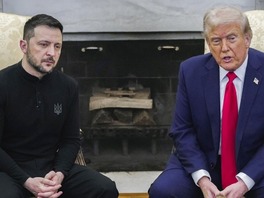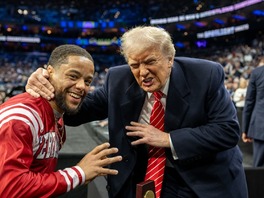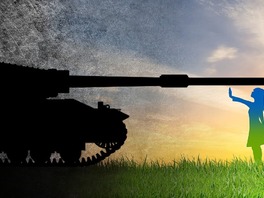In recent days, the spotlight has shifted to peace talks with Russia. The Pope urging Ukraine to engage in negotiations and find the courage to ‘raise the white flag.’ Turkish President Erdogan echoed this sentiment after meeting with Ukraine's Volodymyr Zelensky, proposing an end to the conflict and a peace summit involving Russia. Vladimir Putin has expressed willingness to negotiate, albeit on his terms, in a blunt interview with propagandist Dmitrii Kiselyov. Apostrophe delves into the reasons behind the intensified negotiation talks and their potential outcomes.
Words about peace
‘The strongest one is he who sees the situation, who thinks of the people, who has the courage of the white flag, to negotiate. The word negotiate is a brave word. When you see that you are defeated, that things are not going forward, it is necessary to have the courage to negotiate. You are ashamed, but how many deaths will it end with?’ said the Pope Francis.
The Pontiff also noted that there are numerous mediators currently ready to intervene in the conflict.
‘Turkey has offered to do that. And others. Don't be ashamed to negotiate before it gets worse,’ the Pope continues.
The Vatican leader's remarks were echoed by Turkish President Recep Erdogan, who emphasized the ineffectiveness of peace initiatives without Russian involvement and reiterated Turkey's offer as a negotiation venue.
Putin furthered the discussion by expressing his willingness to engage in "peaceful negotiations."
What is behind this?
According to Viktor Nebozhenko, Director of the "Ukrainian Barometer" sociological service and a political scientist, there is nothing unusual, and certainly nothing negative, about the statements advocating peace made by the Pope, Erdogan, and Putin.
‘Peace talks are imperative, and that's undeniable,’ Nebozhenko says. ‘However, the crucial point lies in discerning whether these discussions aim for genuine peace or simply a temporary halt to hostilities.’
Volodymyr Volya, an international expert, agrees with him.
"Naturally, everyone desires peace. I see no issue with that sentiment. Nevertheless, peace on Putin's terms is unacceptable to us, and that's evident,' he says.
The Pope's and Erdogan's similar remarks potentially align with Putin's interests and may even carry pro-Kremlin implications.
‘The reality is that significant Russian funds have been deposited in the Vatican bank for many years—initially stemming from mafia sources, now tied to Putin. Thus, the issue isn't merely about the Pope's leftism, blackmail or loyalty to Putin. Any Vatican pontiff has something to lose,’ Nebozhenko says.
‘It is more profitable and easier for Pope Francis to be merciful with a fascist and a murderer of citizens of Ukraine and Russia than to have difficult conversations with the Russian mafia or Putin's Chekists,’ the political scientist adds.
I find the Pope's stance rather peculiar. As a clergyman, he should be mindful of Christ's words: For with what judgment you judge, you will be judged. However, it's worth noting the influence of individuals within the Vatican who benefit from connections with Russia. They may be shaping similar messaging directed to the Pontiff,’ Volya suppose.
The same story applies to Erdogan as well.
‘Erdogan is an Eastern despot,and he plays cat and mouse with both Ukraine and Russia. His approach, beneficial for him, involves continuing trade with both Putin and Zelensky while also maintaining relations with Europe,’ Nebozhenko says.
‘I'm aware that some Turkish officials believe Ukraine, especially Zelensky, is attempting to embroil Turkey into a war with Russia —a scenario they wish to avoid. They prefer maintaining trade relations with the Kremlin. Turkey wants to sit on all the chairs,’ Volya explains.
According to the expert, currently the Turkish President aligns with Putin's interests.
‘Erdogan, in fact, simply rejected the Ukrainian peace formula,’ Volya believes.
But is Erdogan really playing on Putin's side? According to Vitaly Bala, director of the Situation Modeling Center, Zelensky's peace formula was ineffective from the beginning.
‘The peace formula is just an information PR technology invented in the Office of the President. And it is unsustainable,’ Bala believes.
‘If we apply logic, the current peace formula appears to hit a dead end. Putin is unlikely to accept our conditions, just as we won't concede to his. The question remains: how can we compel Putin to withdraw his troops and relinquish control over all our territories, including Crimea?’ he says.
Therefore, the only condition for Russia to sit down at the negotiating table and accept our terms is our military victory.
‘Erdogan says normal things. If Russia does not agree to peace, then there will be no peace,’ Bala concludes.
Indeed, it is possible that one of the parties may ultimately capitulate.
Does Putin want peace?
Behind the talks about making peace, a quite reasonable question arises: is Putin really interested in ending the war?
‘Putin no longer wants war. He understands that he has lost. He understands that the war is moving to the European part of Russia and he does not like this,’ Nebozhenko believes. ‘He aims to halt the war on his terms, as any other outcome might be viewed by his inner circle and the Russian populace as a sign of weakness. Such a perception would be unacceptable to Russians.’
But let us not harbor any illusions. Putin dreams of conquering the entirety of Ukraine.
‘Discussions of readiness for negotiations serve as a form of manipulation. Putin is essentially signaling to the West that Russia is open to negotiation, albeit under its own conditions. I firmly believe that had Ukraine proposed agreements and sought a halt to military operations, Putin would not have acquiesced. History speaks volumes, as seen with the signing of the Minsk Protocol on February 12, 2015, followed by Russian offensives in Debaltseve,’ Volya says.
Of course, we are in favor of peace, but with the return of all occupied territories and the borders of 1991.

